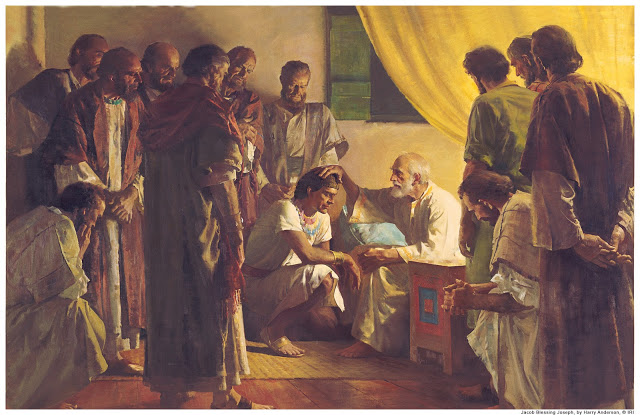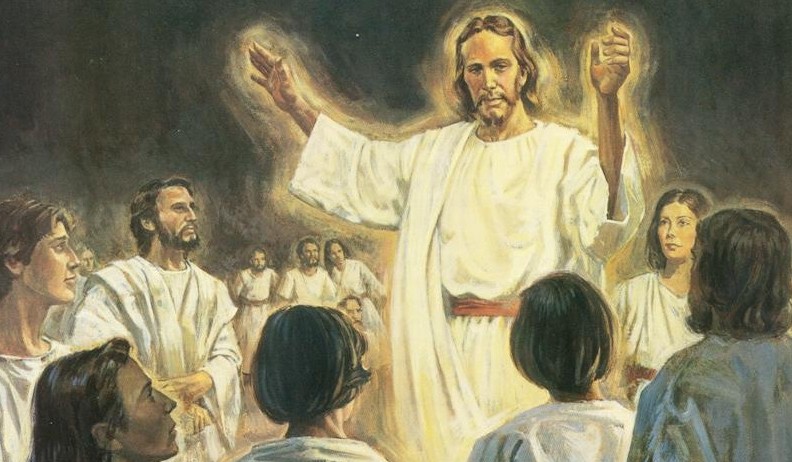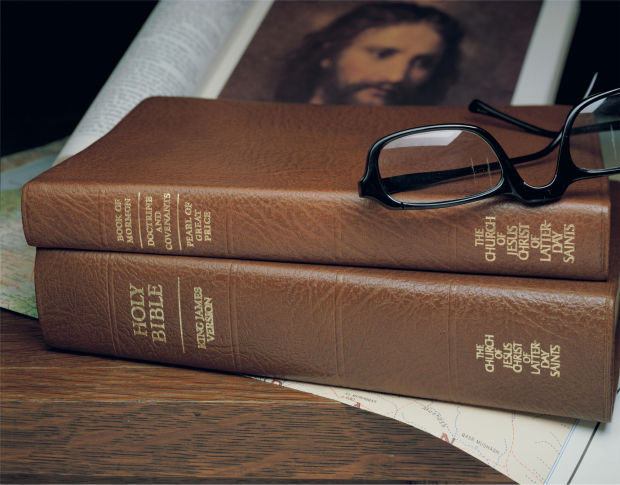Question
Dear Gramps
In Patriarchal blessings, we are told to what Tribe of Israel we hail from, so that we can get an idea of what blessings we are promised. But there was never a blessing which didn’t have a corresponding duty or responsibility. I always wondered what these were for the Tribes other than Ephraim. Could you please help? Thanks!
Elliot
Answer
Dear Elliot,
The blessings and duties of Ephraim have been given more detail in these latter days, because that is the tribe we find most prominently participating in the restored covenants. Elder Eldred G. Smith, the patriarch to the Church, explained “Joseph [son of Israel and father of Ephraim] received a special blessing which we are most interested in because we are his descendants, the most part of us, and the blessings of the gospel have come through this line, for Joseph Smith, Senior, was a true descendant, through Ephraim, the younger son of Joseph” (General Conference, April 1952). Ephraim has been tasked with gathering in these last days (Deuteronomy 33:17, see 13-17), so it’s not surprising to see him receive the covenant blessings first (almost like a birthright (see 1 Chron. 5:1-2 and Gen. 48:17-20)).
In the Mosaic dispensation the tribe of Levi (Moses’ tribe) had the most well-defined duties surrounding temple worship, including a specific role for descendants of Aaron. Levi’s responsibility in the modern dispensation has had little revealed about it. We do know that the day will come when “the sons of Levi [will] offer again an offering unto the Lord in righteousness” (D&C 13). Additionally, there is a specific duty for the Levites tracing a high priest lineage. A “literal descendant of Aaron has a legal right to the presidency of this [the Aaronic] priesthood … to act in the office of bishop independently, without counselors” (D&C 107:76). Joseph Fielding Smith clarified the limited scope of this obligation:
“It has no reference whatever to bishops of wards. Further, such a one must be designated by the First Presidency of the Church and receive his anointing and ordination under their hands. The revelation comes from the Presidency, not from the patriarch, to establish a claim to the right to preside in this office. In the absence of knowledge concerning such a descendant, any high priest, chosen by the Presidency, may hold the office of Presiding Bishop and serve with counselors.” (Doctrines of Salvation, 3:92.)
Turning again to the Mosaic dispensation, we find a duty for the descendants of David in the tribe of Judah. This was the king-line for united Israel until the schism with the 10 tribes. This regal responsibility continued over the remnants. While David’s royal line can be viewed as an analog to Aaron’s high priest line, we have no indication of a general responsibility for others in Judah towards governance in the same way that others in Levi held priestly responsibilities generally. Additionally, we have little knowledge regarding Judah in this dispensation (except that there will again be a king of davidic descent over Israel).
Even less is spoken of regarding the blessings and work of the other tribes. In the absence of further light and knowledge on the subject, we acknowledge that the little noted here is vastly incomplete and needs to be filled in, clarified, and corrected through revelation.
Gramps







